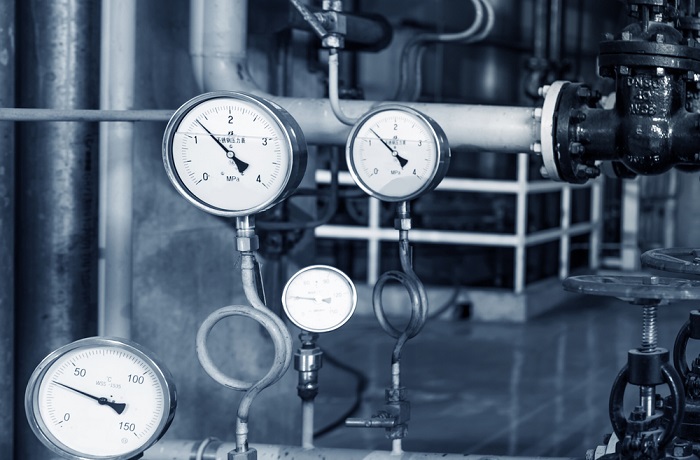What are the benefits of conducting process dynamic simulation?
December 3, 2023 - Reading time: 3 minutes

Process dynamics simulation of a chemical plant refers to the use of computational models and software to simulate the behaviour and performance of a chemical plant over time. Generally, it involves creating mathematical models that represent the physical and chemical processes occurring in the plant. These models may include mass and energy balances, reaction kinetics, transport phenomena and thermodynamic properties of the materials involved. It is a crucial tool in the field of chemical engineering, helping engineers and operators understand the dynamic behaviour of complex chemical processes under various operating conditions. The simulation allows them to predict how the plant will respond, even before the plant is built, to changes in inputs, disturbances and/or equipment performance.
So, what are the benefits of conducting process dynamic simulation?
Conducting process dynamics simulation of a chemical plant offers numerous benefits for engineers, operators and decision-makers involved in the design, operation and optimization of chemical processes. Several of the key advantages are listed below:
Process Design and Scale-up: Simulations aid in the design and scale-up of chemical processes. Engineers can test the behaviour of a process at different scales and make informed decisions about equipment sizes and operating conditions before investing in physical prototypes.
Process Understanding: By visualising the dynamic behaviour of the chemical plant, engineers gain a deeper understanding of how different variables and parameters interact. This knowledge can lead to better decision-making and more effective process design.
Process Control and Automation: The simulation helps in the development and testing of control strategies for process automation. This ensures that the plant operates within safe and efficient ranges while maintaining product quality.
Optimization of Operations: Simulation enables the evaluation of different operating strategies and control schemes to find the most efficient and cost-effective ways to run the plant. Engineers can optimize the process to achieve higher yields, reduced energy consumption and improved overall performance.
Safety Improvement: Dynamic simulations allow engineers to study the behaviour of the plant under various conditions, including abnormal situations and disturbances. Identifying potential hazards and understanding how the plant responds to these scenarios helps in designing and implementing better safety measures.
Troubleshooting and Root Cause Analysis: When an issue arises in the plant, dynamic simulations can be used to troubleshoot the problem and identify its root cause. This speeds up the problem-solving process and helps prevent similar issues in the future.
Operator Training: Simulations provide a safe and controlled environment for training operators. New operators can learn how to handle the plant under various scenarios without risking the safety or productivity of the actual plant.
Environmental Impact Assessment: Simulations can be used to analyse the environmental impact of a chemical process. Engineers can evaluate how different process parameters affect emissions, waste generation and resource consumption.
Rapid Prototyping and Testing: Virtual simulations allow engineers to rapidly prototype and test process modifications or new ideas without physical changes to the plant. This speeds up the innovation process and reduces costs.
Decision Support: Dynamic simulations provide valuable data and insights that support decision-making at various levels, from short-term operational adjustments to long-term capital investments.
Jimmy Lea P/L is a process plant design firm, founded in Sydney Australia, with offices in Sydney and Singapore.